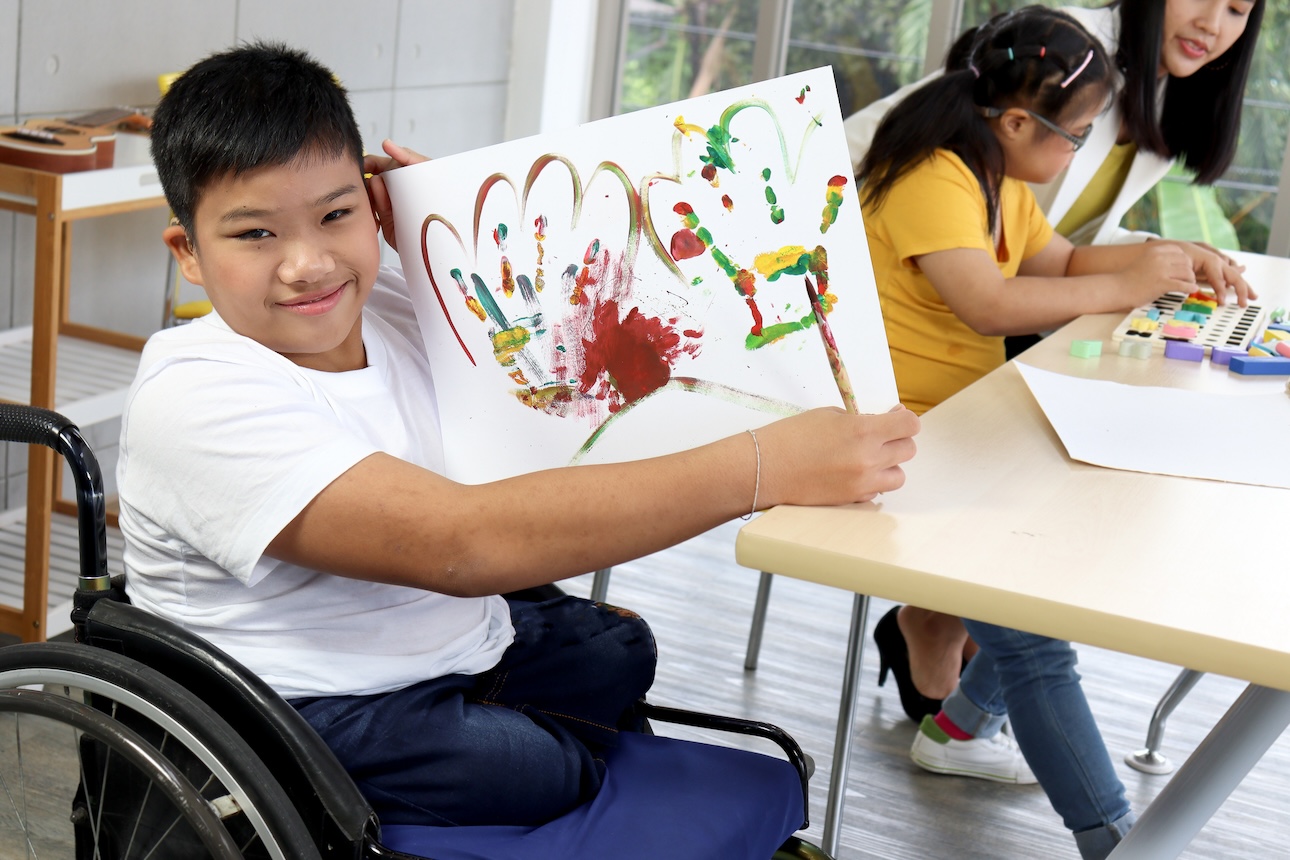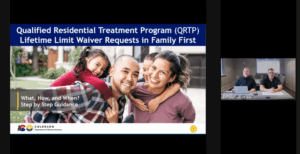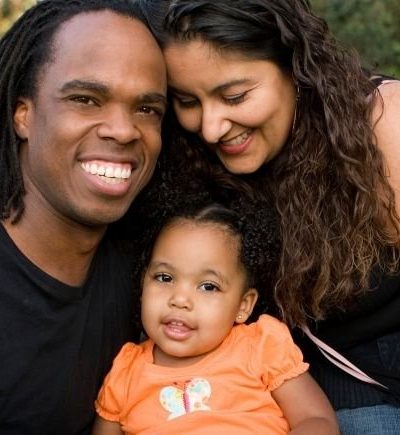Qualified residential treatment program” means a licensed and accredited program that has a trauma-informed treatment model that is designed to address the child’s or youth’s needs, including clinical needs, as appropriate, of children and youth with serious emotional or behavioral disorders or disturbances in accordance with the federal “Family First Prevention Services Act”, 42 U.S.C. 672 (k)(4), and is able to implement the treatment identified for the child or youth by the assessment of the child or youth required in section 19-1-115 (4)(e)(I), C.R.S.
The Family First Prevention Services Act (FFPSA) created a new facility license type called a Qualified Residential Treatment Program (QRTP). A QRTP must:
- Be licensed by the appropriate state authority (the Department)
- Be accredited by a national accrediting entity:
- The Commission on Accreditation of Rehabilitation Facilities (CARF)
- The Joint Commission on Accreditation of Healthcare Organizations (JCAHO)
- The Council on Accreditation (COA)
- Utilize a trauma-informed model of care approved by the Department
- Have registered/licensed nursing staff and other licensed clinical staff available 24/7
- Facilitate family member participation in the child’s treatment program, when appropriate and in the child’s best interest
- Facilitate outreach to family members, document how the outreach was made, and maintain contact information for relatives
- Document how family members are integrated into the treatment process (including post-discharge) and how sibling connections are maintained
- Implement a treatment plan specific to the individual child’s needs based on the outcomes of independent assessment
- Provide aftercare support for at least six months post-discharge from the QRTP
Placement in a QRTP must be necessary, temporary, and treatment-focused. Any child or youth staying in a QRTP longer than 12 months (or six months if younger than age 13) requires review and approval by the Colorado Department of Human Services and the U.S. Department of Human Services.
Independent Assessment Process- CANS (Child and Adolescents Needs and Strengths)
The Family First Prevention Services Act requires the use of an Independent Assessment to determine the level of care a young person may need, also known as the CANS.
Once a county or the Division of Youth Services (DYS) determines a child or youth may benefit from treatment at a QRTP, the county will make a referral for an Independent Assessment. The Colorado Department of Human Services has contracted with the regional Administrative Services Organizations (ASOs) to implement the Independent Assessor process in Colorado.
Independent Assessment: What You Need To Know
Trauma Informed Care Model:
QRTP Trauma-Informed Care Model
Process:
Those seeking a Qualified Residential Treatment Program (QRTP) license are required to submit their trauma informed care model to the Performance Management & Outcomes (PMO) team within the Provider Services Unit upon application for a QRTP license with the Division of Child Welfare (DCW).




